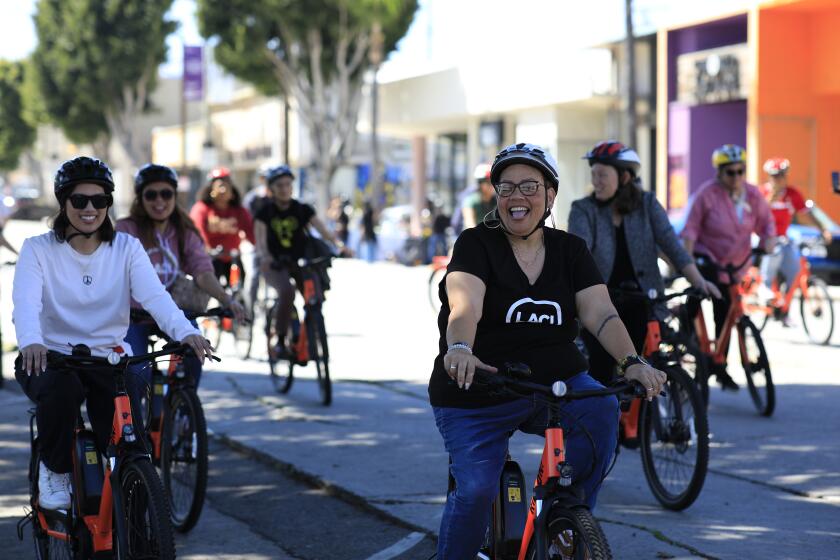Rites of Respect
It is a salute one sees from pickup trucks on country roads. His baseball hat perched firmly on his head, the driver of the truck sees another truck approaching. Then, just as the two trucks pass, the driver lifts his fingers off the steering wheel for a brief second. Perhaps he glances at the driver of the second truck to see his fingers do the same; perhaps there will be a barely discernible nod. Then, just as quickly, the eyes return to the road, the fingers again grip the wheel, the salute completed.
In this moment, two men have acknowledged each other. More precisely, two workers have acknowledged each other for being workers, laborers, craftsmen. They have acknowledged what it means to work, earn a living, stay at a job, especially on those days when it would be far more fun to fish or hang around the house fixing a back deck or playing with a child.
“You know that guy?” I ask my friend, straining to see whether a company name appears on the side of the other man’s pickup.
“Nope.”
“Recognize the truck?”
“Not really.”
Nothing more is said, although the ritual will be repeated within minutes when yet another truck passes us.
A small gesture, yet one that holds an entire democracy together. One doesn’t need to know what the other man does, where he works, what he’s good at, what he earns. It is all about respect for the worker, for the sense of duty implied in any job and the competence and training that jobs require.
It is also about a man defining and judging himself in terms of his work. Good and steady employment means good and steady spirit and the right to hold oneself in some esteem. If there’s no work, there’s no travel, no salute, no respect. Men are supposed to protect and provide; both become difficult, if not unmanageable, without work.
Men without work are often unable to salute themselves. Some find it painful to salute those still working. It is understood that the world of work carries with it a degree of competition. This the worker accepts. But competition for these guys with the baseball hats moves beyond fairness when worthy workers, healthy workers, competent workers can’t find jobs.
Then there is the matter of inequities, the injustices known to every man who ever took a job. Perhaps the salute connotes a recognition that we are all in this together, that my success ultimately is yours and my failure brings you down as well. Perhaps the salute is meant only for people of the same niche, the same guild, the same class.
Providers too have to be provided for -- or at least their efforts honored, their careers and financial futures protected. They’re driving their own trucks, but if they don’t keep an eye on the others and the road, they may crash.
This too is part of respect. Pure self-interest has nothing to do with respect. It has to do with letting people find their own way, letting people go, looking the other way when they pass. Self-interest means letting the dogs eat the dogs. It means finding ways to rationalize a lack of interest in anyone’s life but one’s own, and worse, it means not being able to recognize that downsizing, manipulating accounts, cooking books and thinking only of personal gain will eventually destroy not just the life of a man and the soul of his family but the entire culture.
And what of women? They’re driving and they’re saluting too, so the same goes for them.
Like the men, women have to salute one another, especially during a nasty moment in history when some powerful types, their rhetoric notwithstanding, have lost their respect for all these pickup drivers in their baseball hats and have chosen to ride more comfortably on other roads.
*
Thomas J. Cottle is a professor of education at Boston University and the author, most recently, of “Hardest Times: The Trauma of Long Term Unemployment” (Praeger, 2001).
More to Read
Start your day right
Sign up for Essential California for news, features and recommendations from the L.A. Times and beyond in your inbox six days a week.
You may occasionally receive promotional content from the Los Angeles Times.






